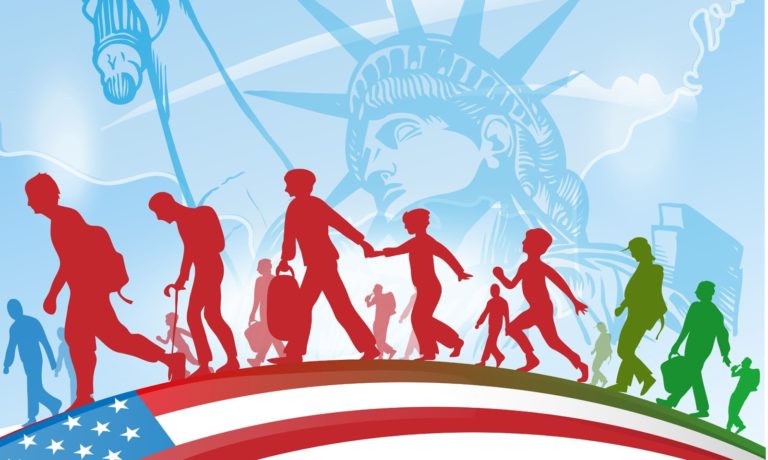I recently watched Alt-Right: Age of Rage on Netflix. If you’re not really familiar with the alt-right and...
socialism
So, we’re going totally random this week. I have often wondered if rates of university education are...

